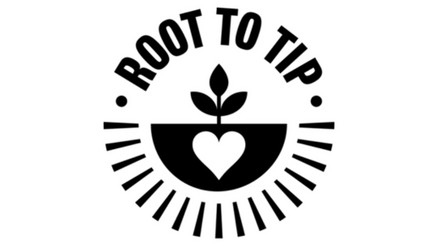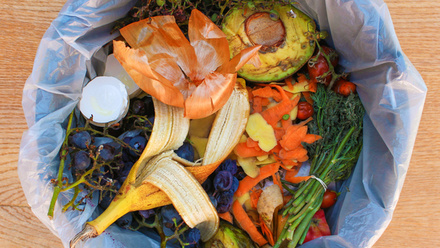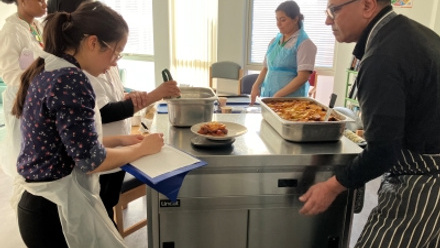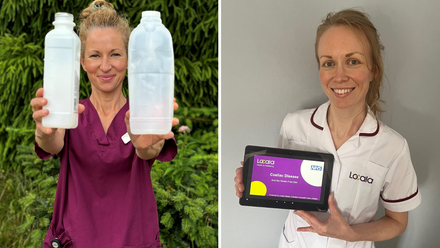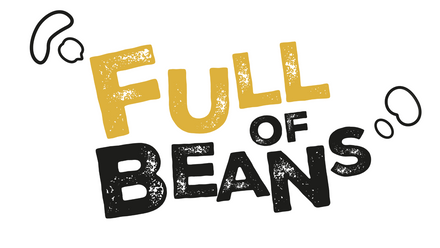Members of the BDA Sustainable Diets Specialist Group have shared their favourite books to get you clued up this Sustainable September.

Student member Mel Nolan recommends:
How bad are bananas?
Author: Mike Berners-Lee
How bad are bananas? gives an overview of carbon, carbon footprints and puts into perspective the amount of carbon dioxide humans create while outlining the importance of cutting carbon usage as a society and as individuals.
The book analyses the carbon footprint of ‘everything’ to help guide readers towards less carbon-intensive lifestyle decisions. As individuals it is important to know exactly how we are contributing to climate change, and, more importantly, how we can make changes in our day-to-day lives to reduce our carbon footprint and influence others to do the same. Spoiler: What we eat has a huge impact!
After reading this book I thought differently about my actions, what I buy, eat, and drink- in the most positive way.
Graduate member Marta Buczkowska recommends:
Animal Liberation
Author: Peter Singer
This might be the most emotional and difficult books out of all of those suggested, but it’s definitely worth reading and contemplating about. It discusses the moral and environmental issues associated with industrialised farms and speciesism.
Eating Animals
Author: Jonathan Safran Foer.
I recommend this book to everyone. Foer is a journalist and so his stories are both emotional and extremely well-written. Eating Animals is an investigation into the reality of modern farming and our everyday food choices and a moral debate on vegetarianism.
The future we choose
Authors: Christiana Figueres and Tom Rivett-Carnac.
It is not so much about food, but about how the world will look if we don’t stop the consequences of the climate crisis. It presents a vision for a regenerative world with net-zero emissions giving real ideas and solutions for addressing climate change.
In defence of food
Author: Michael Pollan
A must for everyone passionate about food. Written by the author of these simple but liberating words: Eat food. Not too much. Mostly plants.
Clean Meat
Author: Paul Shapiro
An overview of the processes involved in creating what Shapiro calls ‘clean meat’, or as we know it - ‘lab-grown meat’. It not only provides great technical explanations of (food) science processes involved in creating clean meat, but it also leaves the reader a moral dilemma to face.
Dietitians Louise Kirkham and Tanya Haffner recommend:
Plant-Based Nutrition in Clinical Practice
Authors: Shireen Kassam, Zahra Kassam, Lisa Simon
An evidence-based guide to the uses, benefits and practical application of a plant-based diet for all health professionals, taking both a holistic and a systems-based (heart, respiratory system, diabetes, kidneys, liver, gut) approach.
It also considers the barriers and strategies to adopting a plant-based diet as well as the importance of a responsible food and agricultural system for health and planet which all health professionals should consider.
Chair of the Sustainable Diets Specialist Group, Tanya Haffner also recommends:
Edible and medicinal wild plants of Britain and Ireland: A foraging and photographic identification guide
Author: Robin Harford
It’s like a complete guide to wild edible plants of Britain and Ireland. Importantly it includes beautiful colour photos of plants for ease of identification. It includes the common name, scientific name, family and an easy-to-understand botanical description. It highlights when the plant flowers, where it is found, its history, which parts of the plant to use, how to use them as food, their nutritional profile plus some safety notes and so much more.
This book is a fantastic foraging guide. It has added depth to my journey in reconnecting with the power of nature and plant-based living. It adds joy to my walking trips and has really helped me to grow my knowledge in our almost forgotten plant heritage that was once common to everyone. It inspires you to identify and use wild plants as food.


